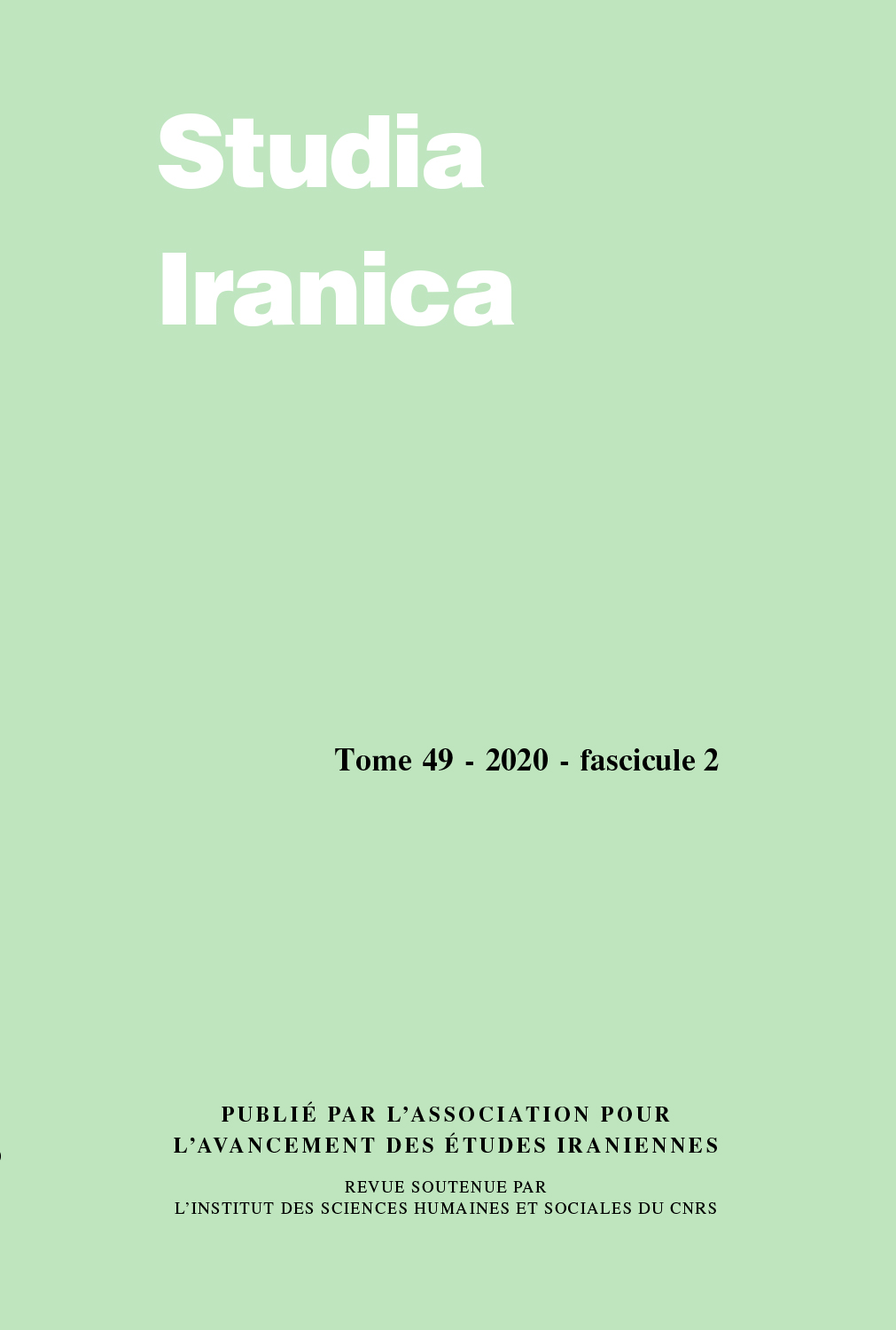next article in this issue  |

|
Document Details : Title: Putting the Lubāb al-ansāb in Context Subtitle: Sayyids and Naqībs in Late Saljuq Khurasan Author(s): MORIMOTO, Kazuo Journal: Studia Iranica Volume: 36 Issue: 2 Date: 2007 Pages: 163-183 DOI: 10.2143/SI.36.2.2024096 Abstract : This study elucidates the background and intent of the compilation of the Lubāb al-ansāb wa al-alqāb wa al-a'qāb, a genealogical work on sayyids compiled by Ibn Funduq in 558/1163. The text was dedicated to the head of the sayyid family of the Zabbarās, who attained preeminence in the local politics of Bayhaq district. Representing the dedicatee as a naqīb (head) of the sayyids, to strengthen his influence over the sayyids in the district, was the objective of the compilation. This feature of the Lubāb al-ansāb suggests the importance of the naqībship as a contributing factor to the rise not only of the Zabbarās but also of some other sayyid families in local societies of late Saljuq Iran. Cette étude analyse l'arrière-plan et le sens du Lubāb al-ansāb wa al-alqāb wa al-a'qāb, un livre généalogique sur les sayyids composé par Ibn Funduq en 558/1163. Cette œuvre est dédiée au chef de la famille sayyid des Zabbāras, qui avait acquis une position prééminente dans la vie politique locale du district de Bayhaq. L'objectif de cette compilation était de faire apparaître son dédicataire comme le naqīb (chef) des sayyids, afin de renforcer son influence sur les autres sayyids de la région. Cette caractéristique montre l'importance de la fonction de naqīb pour analyser l'ascension non seulement des Zabbāras, mais aussi d'autres familles de sayyids dans la société iranienne à la fin de la période saljuqide. |
|
